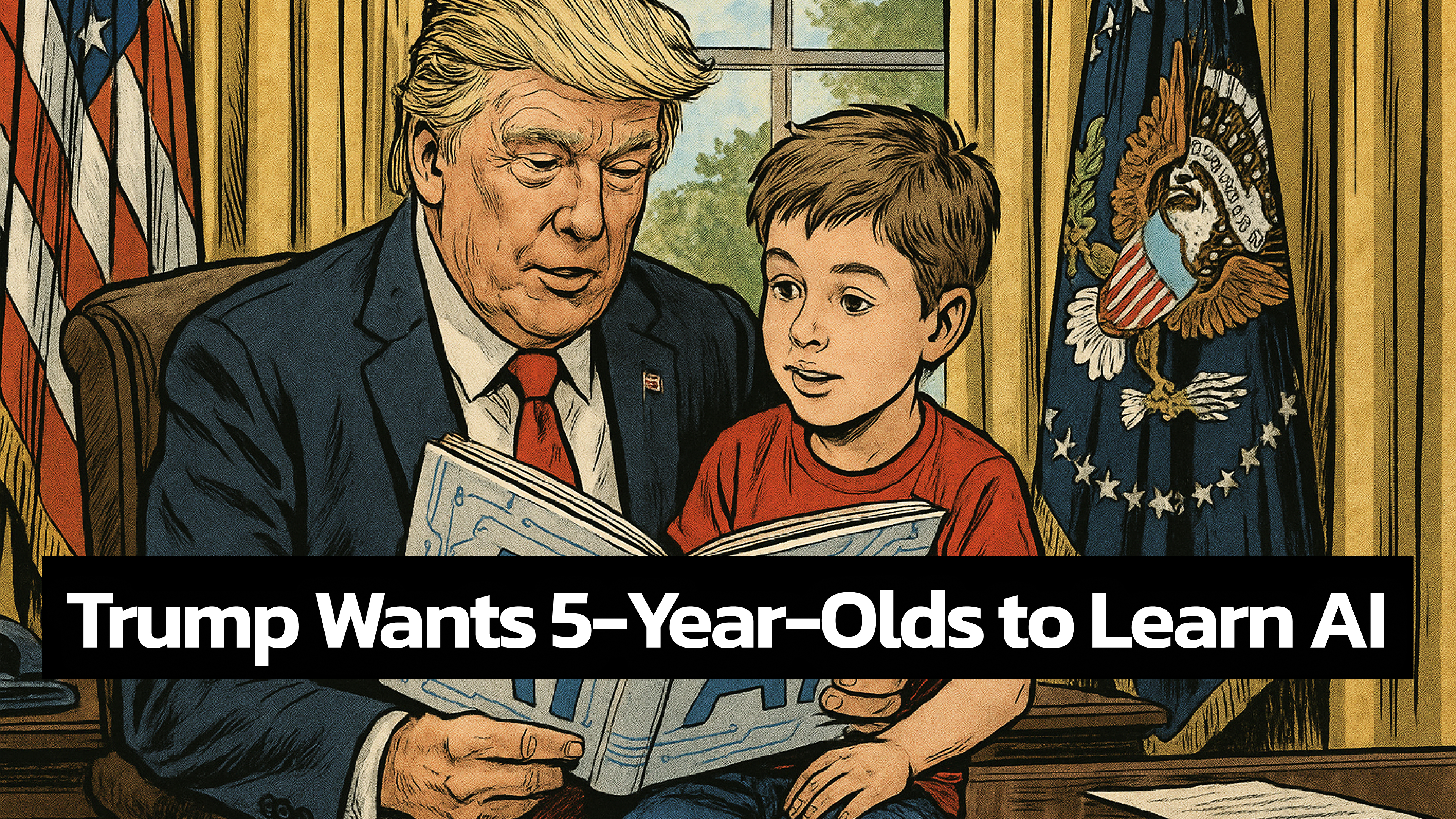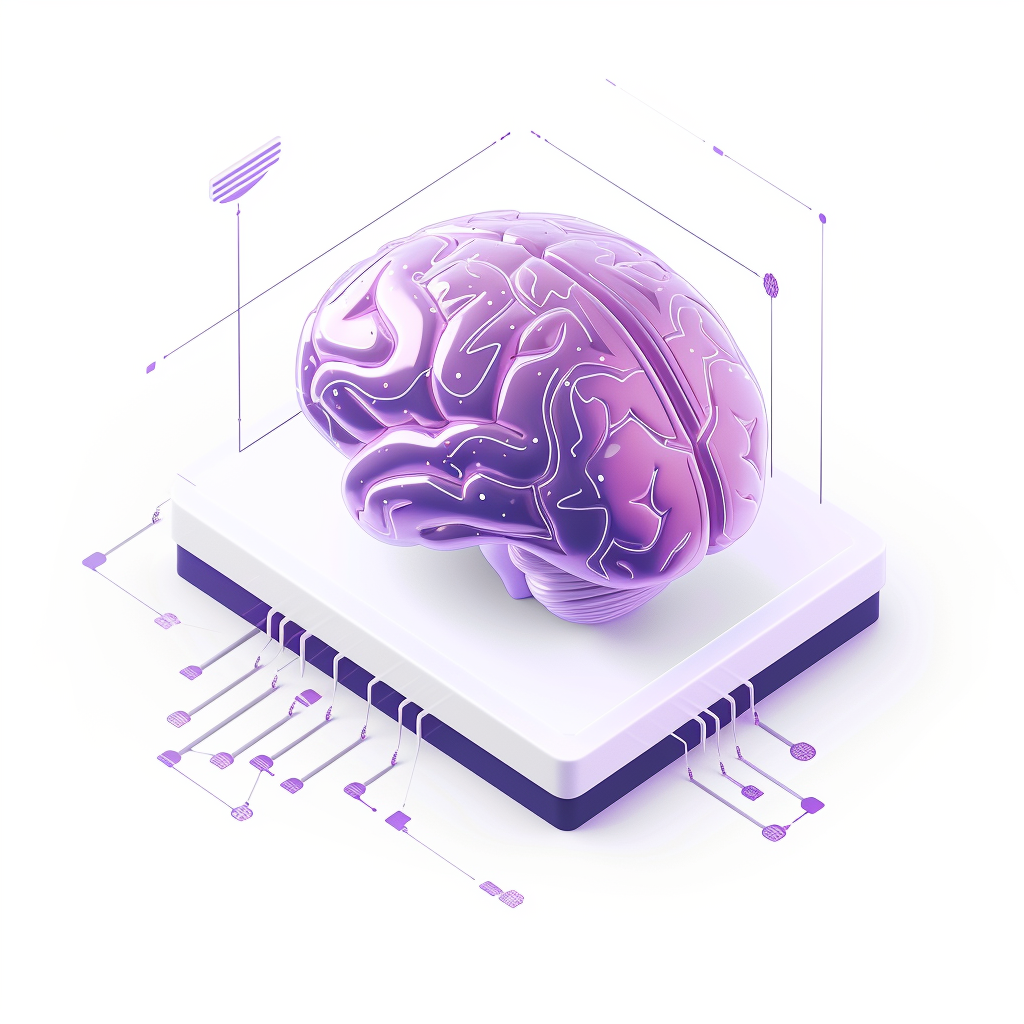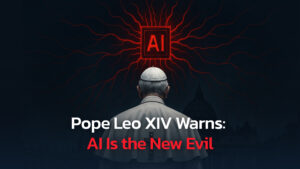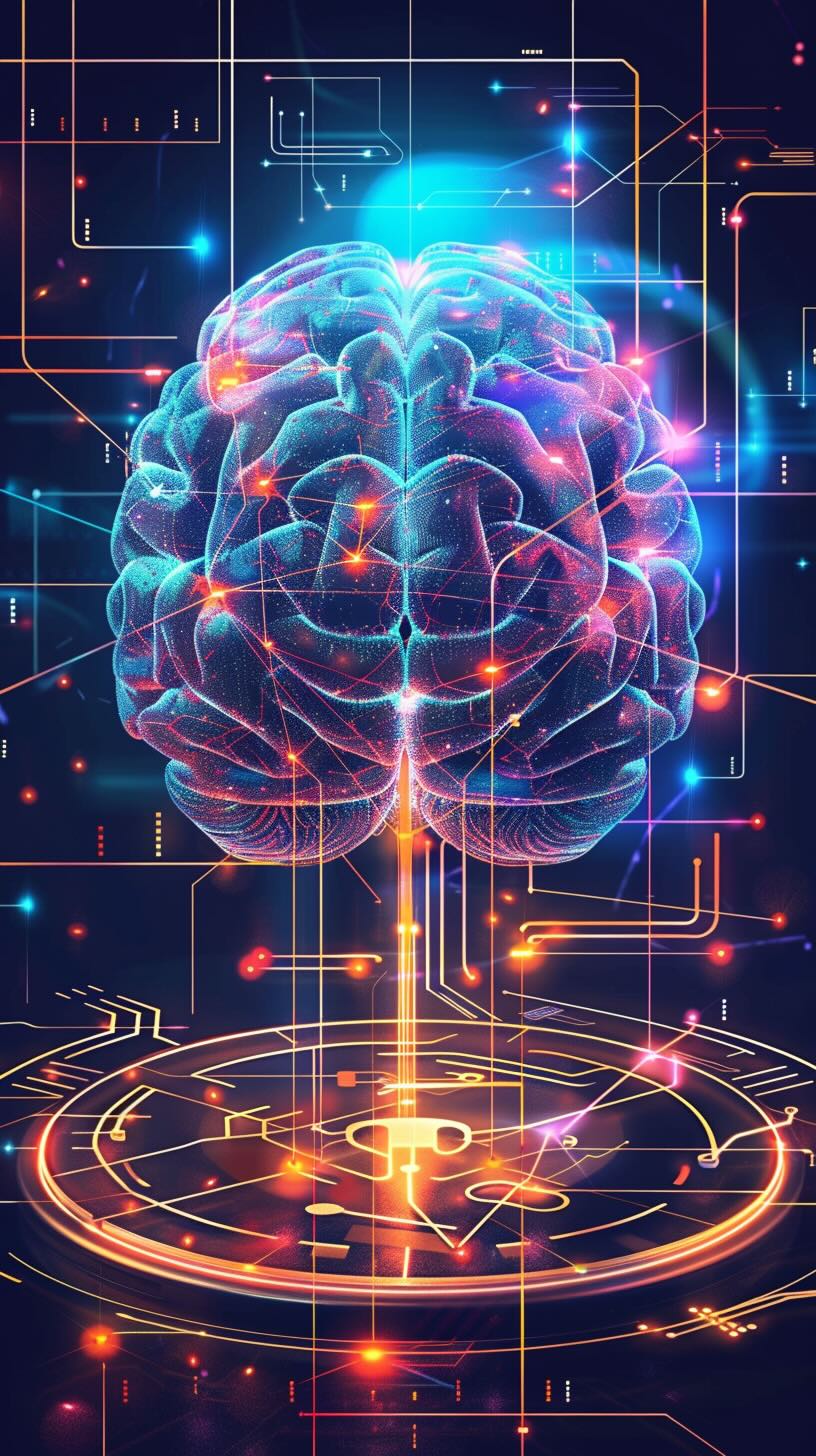Get ready for a classroom revolution, because former President Trump is pushing for Artificial Intelligence education to start in KINDERGARTEN! Is this a visionary leap to prepare American kids for a future dominated by AI, or a harebrained scheme that will overwhelm five-year-olds and fast-track our obsolescence? The debate is raging, and the future of our children’s education hangs in the balance.
In a move that has both excited and alarmed educators, parents, and technologists, former President Donald Trump has advocated for the integration of Artificial Intelligence (AI) education into the American school system, starting as early as kindergarten. This proposal, often highlighted as part of a broader push to bolster US competitiveness in AI, was formalized through an executive order titled “Advancing Artificial Intelligence Education for American Youth” issued in late April 2025. The initiative aims to equip American students with essential AI skills from a very young age, but it has ignited a fierce debate about the feasibility, appropriateness, and potential consequences of introducing such complex topics to young children.
Decoding Trump’s AI Education Vision
Trump’s executive order on AI education, as detailed by various news outlets including EdWeek and Computerworld, outlines a national strategy to foster AI literacy and skills across K-12 education. The core idea is that in an increasingly AI-driven world, understanding the fundamentals of artificial intelligence is no longer a niche skill but a foundational component of modern education, much like reading, writing, and arithmetic. The order calls for federal agencies to collaborate with educators, industry leaders, and employers to develop age-appropriate AI curricula and training programs for both students and teachers.
The push for AI education starting in kindergarten is perhaps the most attention-grabbing aspect of this initiative. The rationale, as articulated by proponents, is that early exposure to AI concepts can demystify the technology, foster critical thinking, and inspire a new generation of AI innovators. The White House’s official statement on the action emphasized the need to prepare students for an AI-skilled workforce. However, the practicalities of teaching AI to five-year-olds, and the potential impact on early childhood development, have raised significant questions and concerns.
Genius Stroke or Educational Overreach?
The proposal to teach AI in kindergarten has been met with a spectrum of reactions. Supporters, including some education experts and tech industry figures, laud it as a forward-thinking move essential for maintaining America’s technological edge. They argue that basic AI concepts, such as pattern recognition, simple algorithms, and the idea of machines “learning,” can be introduced in playful, age-appropriate ways. Early exposure, they contend, can cultivate an intuitive understanding of AI, much like early exposure to language or music. Some even argue, as Computerworld reported, that waiting until later grades might be too late, given the rapid pace of AI development.
However, critics and concerned parents raise several red flags. One major concern is the developmental appropriateness of teaching AI to such young children. Kindergarten is typically focused on foundational social, emotional, and basic academic skills. Introducing abstract concepts like AI, some argue, could be overwhelming and counterproductive, potentially displacing crucial early learning experiences. There are also fears about increasing screen time for young children and the potential for AI-driven educational tools to be biased or to promote a narrow, tech-centric worldview. Boston Moms published an article voicing some of these parental concerns about the implications of such an early start.
Furthermore, there are practical challenges. Equipping kindergarten teachers with the necessary training and resources to teach AI effectively is a monumental task. Developing truly age-appropriate and engaging AI curricula for five-year-olds requires careful thought and expertise. There’s also the question of equity: ensuring that all kindergartners, regardless of their school’s resources or location, have access to high-quality AI education is a significant hurdle. Some outlets like WTRF reported on the signing of the executive orders, highlighting the broad scope of the educational changes being proposed.
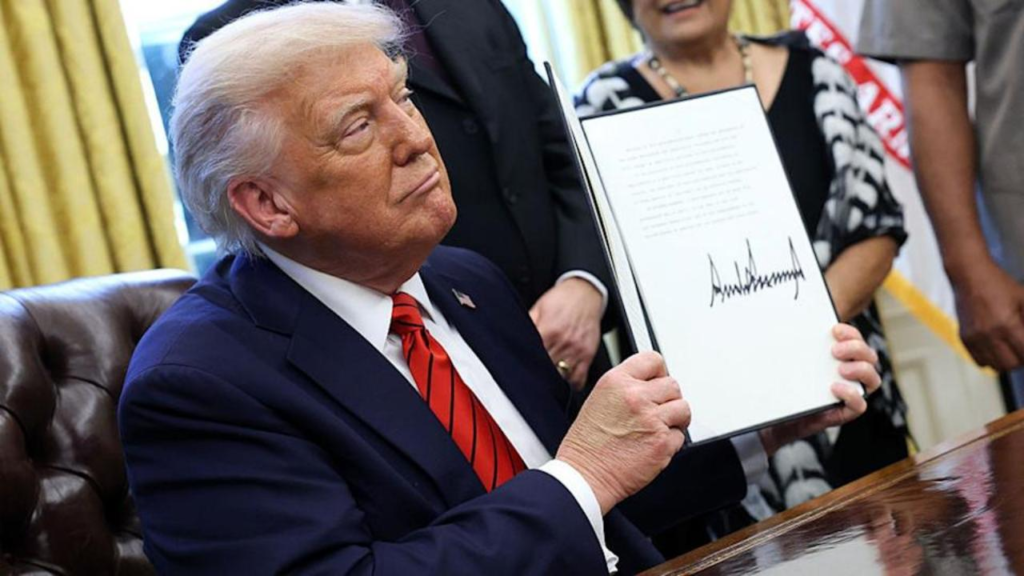
The Global AI Race
It’s impossible to discuss Trump’s AI education initiative without considering the broader context of global technological competition, particularly with China. Both the US and China have identified AI as a critical strategic technology, and there’s an intense race for AI supremacy. China has made massive investments in AI research, development, and education, with a stated goal of becoming the world leader in AI by 2030.
Trump’s push for early AI education can be seen, in part, as an attempt to bolster America’s long-term competitiveness in this high-stakes race. By cultivating a generation of AI-savvy citizens and workers, the US aims to ensure it has the talent pool needed to innovate and lead in the AI era. The emphasis on starting early reflects a belief that foundational skills and interest in AI need to be nurtured from the very beginning of a child’s educational journey.
However, critics argue that simply mandating AI education, especially at such an early age, is not a silver bullet. They point to the need for a more holistic approach that includes robust funding for STEM education at all levels, support for teachers, investment in research and development, and policies that foster ethical and responsible AI innovation. There are also concerns that an overly nationalistic focus on “winning” the AI race could overshadow the importance of international collaboration and the global societal implications of AI. The Miami Times Online reported that while technologists welcomed the executive order, they also stressed the need for more detail and careful implementation.
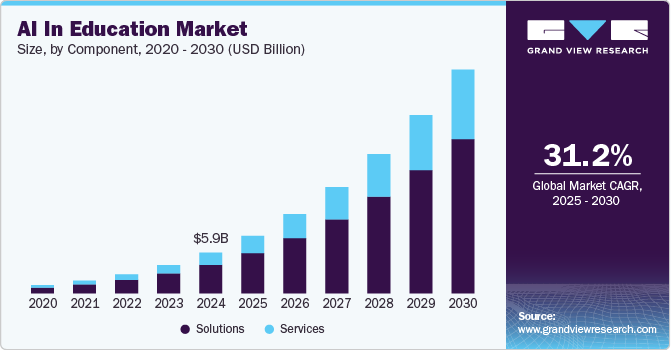
The Broader Impact on K-12
While the kindergarten proposal has garnered the most headlines, Trump’s executive order on AI education has implications for the entire K-12 and even higher education systems. The initiative calls for the development of AI curricula and resources for all grade levels, as well as programs to train teachers in AI concepts and pedagogy. This represents a significant potential shift in educational priorities and resource allocation.
For older students, AI education could involve more advanced topics such as machine learning, data science, AI ethics, and the societal impact of AI. The goal is to produce not just AI consumers, but also critical thinkers who can understand, create, and responsibly manage AI technologies. This aligns with a growing recognition worldwide that AI literacy is becoming an essential skill for navigating the modern world and the future job market. AINews.com also covered the executive order, emphasizing its nationwide scope.
However, the implementation of such a sweeping educational reform faces numerous challenges. These include curriculum development, teacher training, ensuring equitable access to technology and resources, and addressing concerns about the potential for AI to exacerbate existing educational inequalities. There’s also the ongoing debate about what should be prioritized in education, with some arguing that a strong foundation in traditional liberal arts and critical thinking skills is just as important, if not more so, than specialized tech training, especially in an era of rapid technological change. The context of proposed budget cuts to K-12 spending by the Trump administration also adds a layer of complexity to how such an ambitious educational initiative would be funded and implemented.
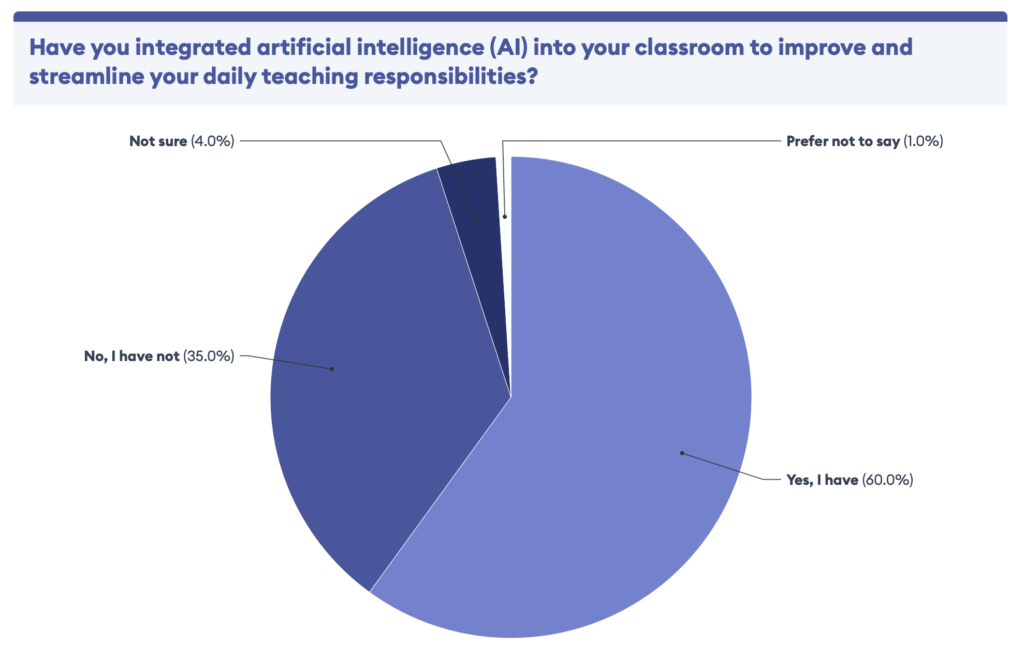
Conclusion
Former President Trump’s proposal to introduce AI education in kindergarten is undeniably a bold and provocative idea. It reflects a recognition of the transformative power of artificial intelligence and a desire to prepare American children for an AI-dominated future. The potential benefits – fostering early interest in STEM, cultivating AI literacy, and bolstering national competitiveness – are significant.
However, the proposal also comes with a host of challenges and concerns. The developmental appropriateness of teaching AI to five-year-olds, the practicalities of teacher training and curriculum development, and the potential for unintended consequences are all valid points of debate. As Fast Company noted when the draft order was being discussed, such orders can have wide-ranging impacts on the educational process.
Ultimately, the success or failure of this initiative will depend on how it is implemented. A thoughtful, well-resourced, and developmentally appropriate approach to early AI education could indeed be beneficial. However, a rushed, poorly conceived, or underfunded effort could be ineffective at best, and potentially harmful at worst. The AI kindergarten proposal has thrown a fascinating and somewhat unsettling variable into the already complex equation of modern education. Whether it proves to be a stroke of genius or an educational misstep, one thing is certain: the conversation about AI and our children’s future has just been kicked into high gear.

